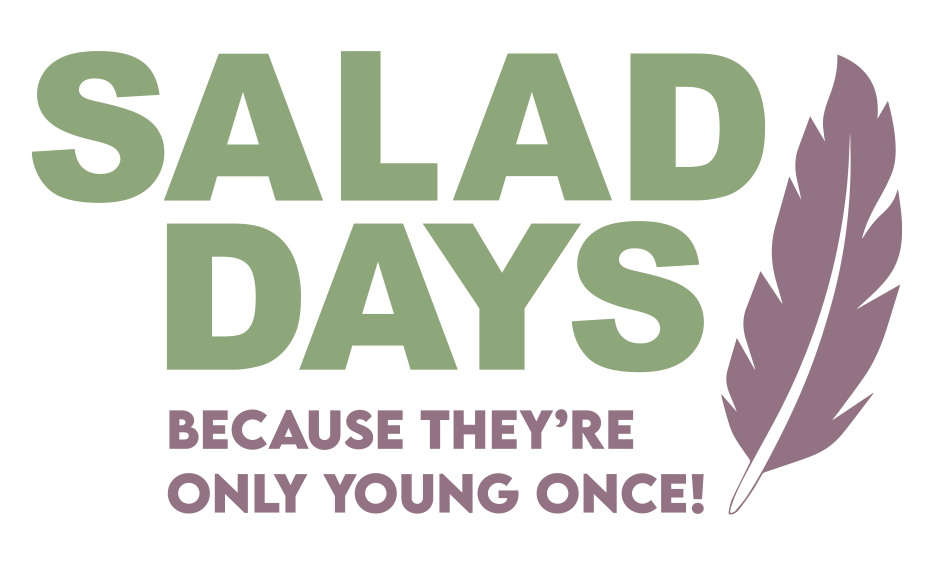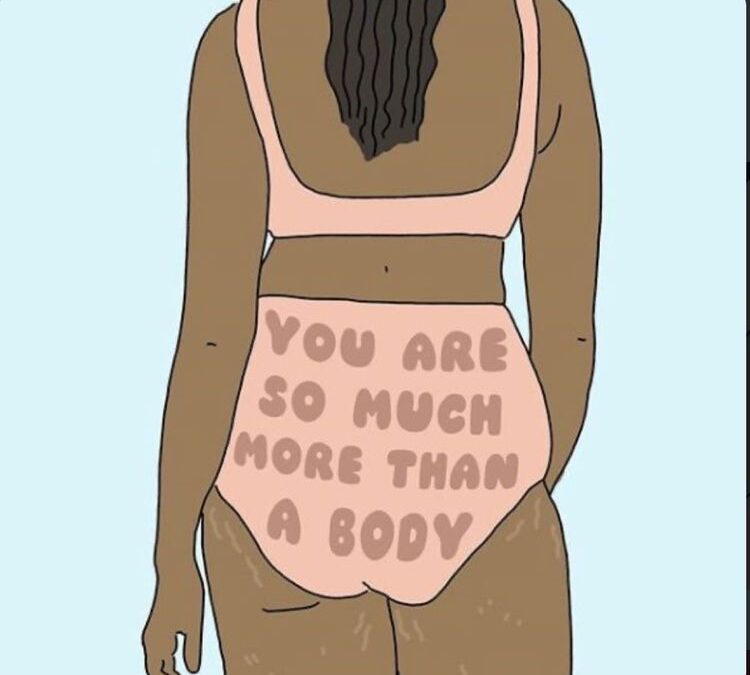Parents, of course, intend to protect their children from harm. But when it comes to food, health, weight and body image, fostering an uncomplicated, positive outlook can be a giant challenge. Especially the parent’s own relationship with these topics are impacting the way their kids are feeling about their body image.
It would be a miracle if we adults didn’t have our own harmful diet culture beliefs we’ve absorbed over the years.
Its important to to raise children to develop a core belief that their worth as a human does not rest on their appearance, their weight, or how they eat. Of course we must support our children in finding a way of easting that is pleasant, nourishing, and as much a possible, internally driven.
Diet culture is everywhere, and is even taught in schools as “nutrition education” with the intent to keep kids from gaining too much weight — as if all bodies are designed to be the same relative size and shape (news flash — they’re not). But raising a child who is satisfied with their body is not only possible, but so worthwhile. It won’t always be easy — you’re going against a pervasive cultural force — but then, you’re a parent, so you’re used to challenges for the sake of your kids.
In short, we have forgotten the very basic nature of feeding – that it is about nourishment, not weight.
To raise kids who are satisfied with their bodies use the REAL acronym:
Reduce body shame, Embrace their needs- be present with your child and help them feel seen. Accept their desires and appetite, Love their body for the way it is today – don’t try to make it something it isn’t.
Its good to encourage conversations about bodies in a way that is respectful and celebrates diversity. Many families avoid talking about bodies, thinking it’s a way to avoid body judgement — but that really just makes body talk feel off limits. It’s more protective for kids to normalise talking about bodies with you, and to demystify them. Home can be a safe place to ask questions, and conversation is a great way to model that “fat” is not a bad word — it’s the negative meaning our society has attached to “fat” that’s harmful.
The goal here is to celebrate all bodies and expose kids to body diversity. When a child makes a comment about their body being “big, soft, squishy or bumpy” instead of saying, “no it’s not!” or telling them to just not talk about bodies, you can say “Yes, it is! And isn’t it lovely?! Bodies come in all kinds of different shapes and sizes, there isn’t one good way to have a body.” Or, “Mine too! I love my soft belly, wiggly arms or big bottom.” These conversations model that you appreciate diversity in how we look, and neutralise and normalise how bodies exist instead of upholding rigid beauty standards. From their earliest years, we can teach kids that all bodies are worthy of respect and dignity. If you have teenager its best to monitor social media platforms like TikTok which can be a toxic place for young minds with diet and fitness messages that promote disordered eating. But I say this with the the upmost compassion – so many of us had had negative or traumatic experiences relating to our bodies. We really need to think about our own relationships with the scale and explore how we can shift the narrative around bodies and weight at home for your children.
Ultimately, if we want to save our kids from diet culture’s shaming darkness, we need to also try to save ourselves. The more we commit to this, the safer and less shaming our communities, classrooms and playgrounds will eventually be.

